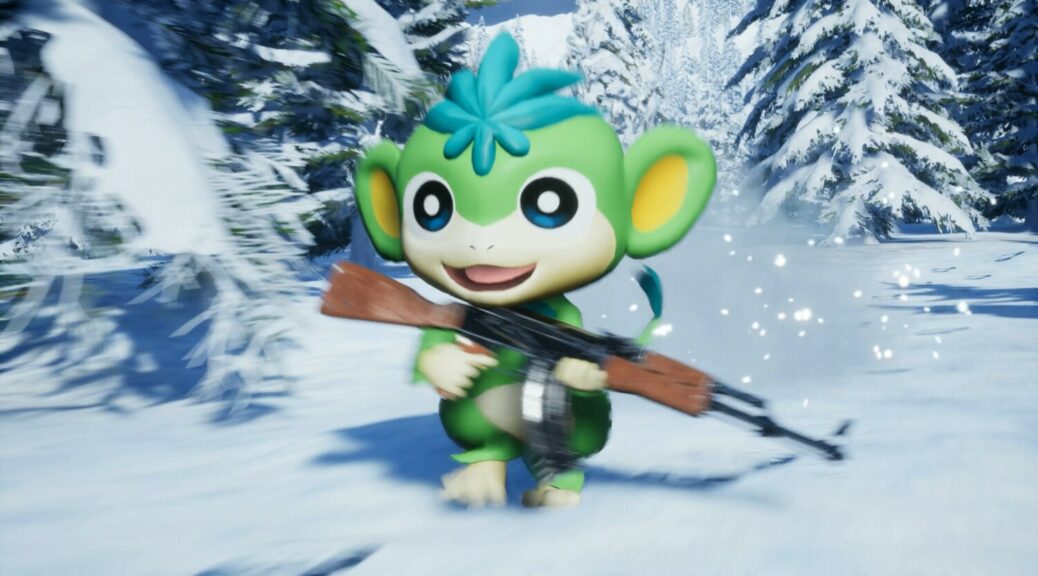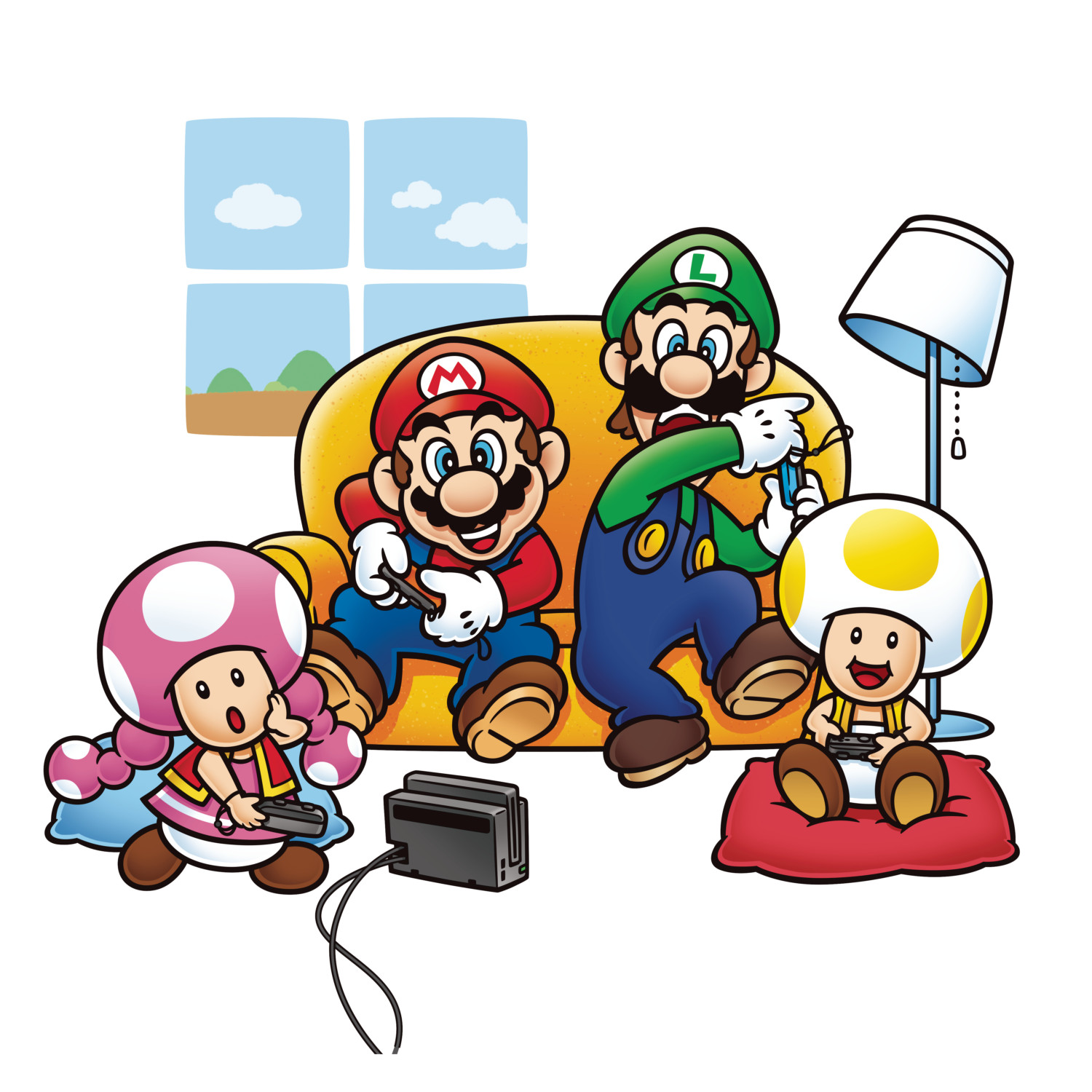
Legal Expert Examines Whether Nintendo Filed Patents To Specifically Target Palworld
Last week, Nintendo filed a lawsuit against Palworld creator Pocketpair, alleging that their game had violated several of Nintendo’s patents.
The lawsuit initially came as a surprise to some, primarily because Nintendo chose to go after Pocketpair for patent infringement as opposed to the expected copyright infringement. Some analysts drew parallels to Nintendo’s lawsuit against the White Cat Project, where they also used patents to pressure the developer into a settlement.
In an article published on Gamesindustry.biz, MBHB Associate and legal expert Andrew Velzen weighed in with his thoughts on the suit. Referring to a separate analysis from Japanese patent attorney Kiyoshi Kurihara, Velzen discusses how Nintendo might have deliberately filed new divisional patents to specifically target Palworld. Kurihara had mentioned that Nintendo filed four divisional patents in Japan under expedited proceedings when Palworld hit the scene, implying it was done specifically to prepare for a suit.
Velzen adds on to this discussion by bringing up two US patents that serve as equivalents to the ones filed in Japan. Both of them involve similar gameplay mechanics (i.e. capturing Pokemon, riding Pokemon), were filed in May 2024 after the release of Palworld, and were both paid to be fast-tracked under the US Patent Office’s “Track One” program.
Interestingly however, it seems that Nintendo’s “Track One” requests for the two US patents were both rejected. One for “lack of subject matter eligibility” and another for “obviousness”. Nintendo will need to address these issues by October 31st in order for the patents to be approved. Velzen speculates that the company may have the opportunity to pursue a lawsuit against Pocketpair in US courts if two key conditions are met.
If (i) Nintendo’s litigation proceeds reasonably successfully in Japan and no global settlement is reached and (ii) the claims in the patent applications above do not require substantial modification in order to arrive at allowance, Nintendo will undoubtedly have the opportunity to file a similar suit for patent infringement in the U.S.
These are, admittedly, two pretty substantial “ifs.” Regardless, though, I think we are seeing just how seriously Nintendo views the threat of Palworld.
At the time of this writing, we have yet to receive any new official updates from Nintendo or Pocketpair about the lawsuit. Stay tuned for more as it comes.
What do you think? Let us know in the comments.
